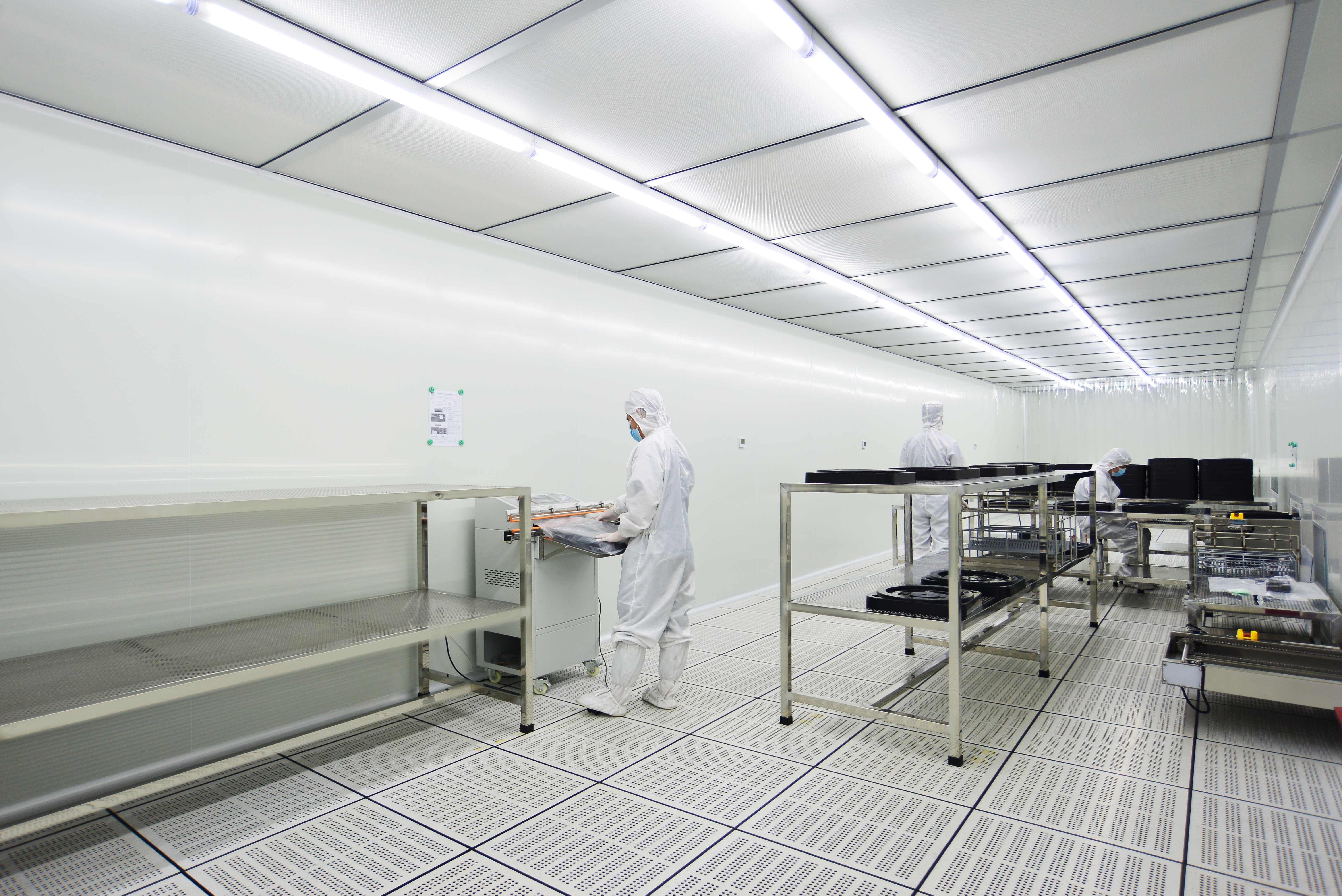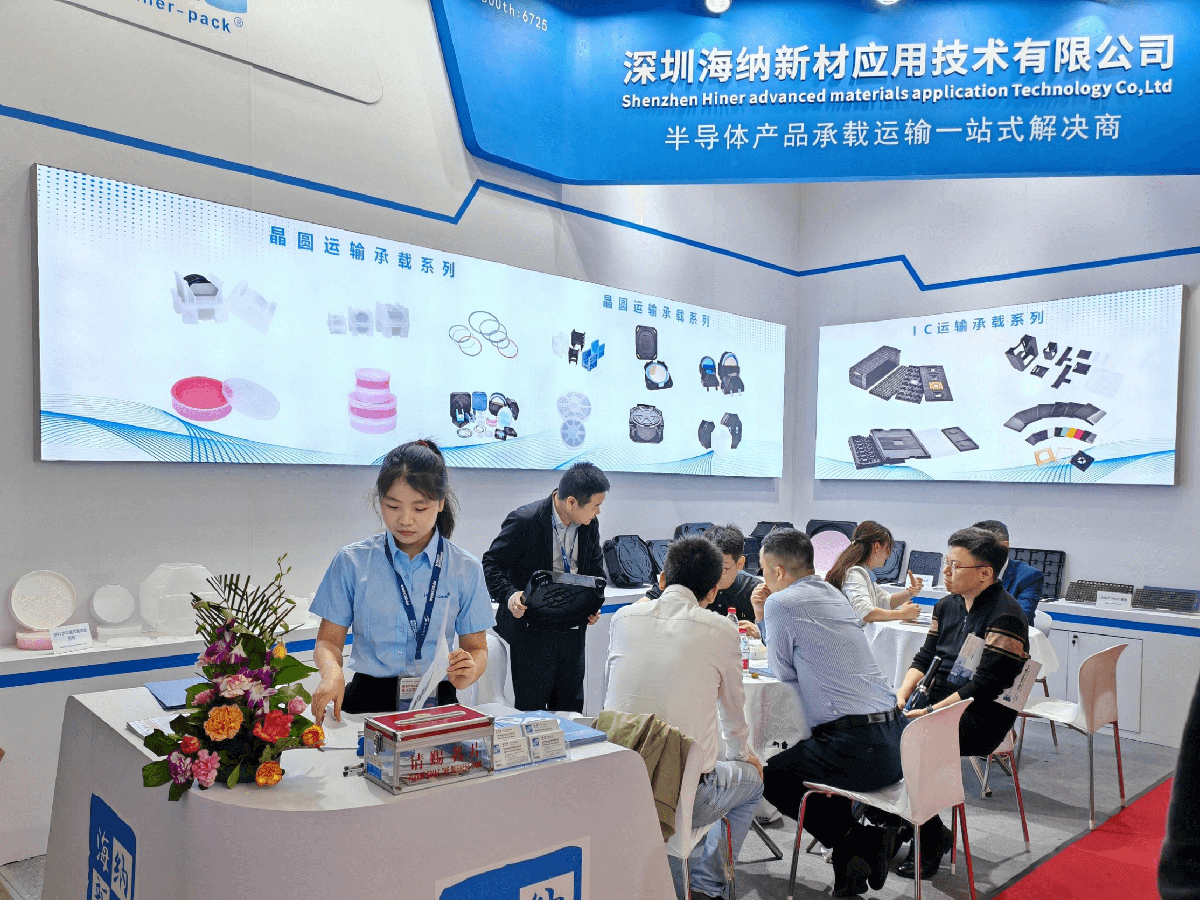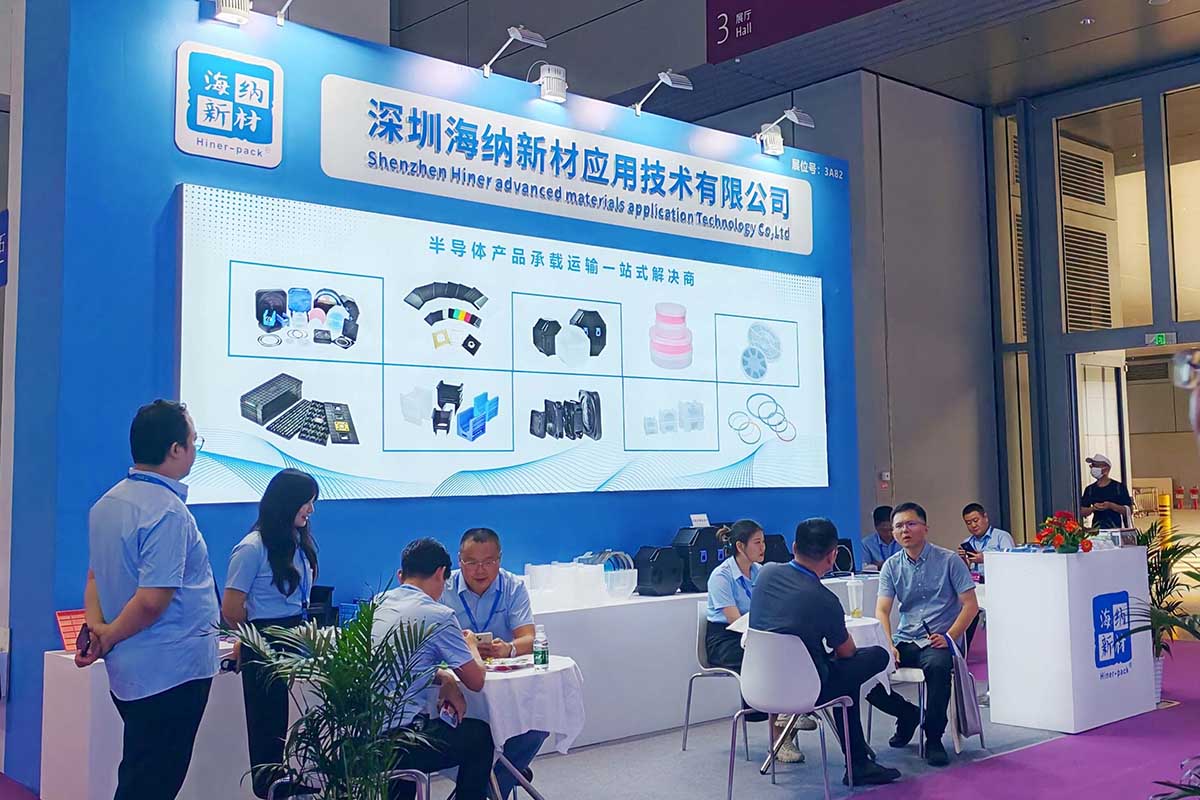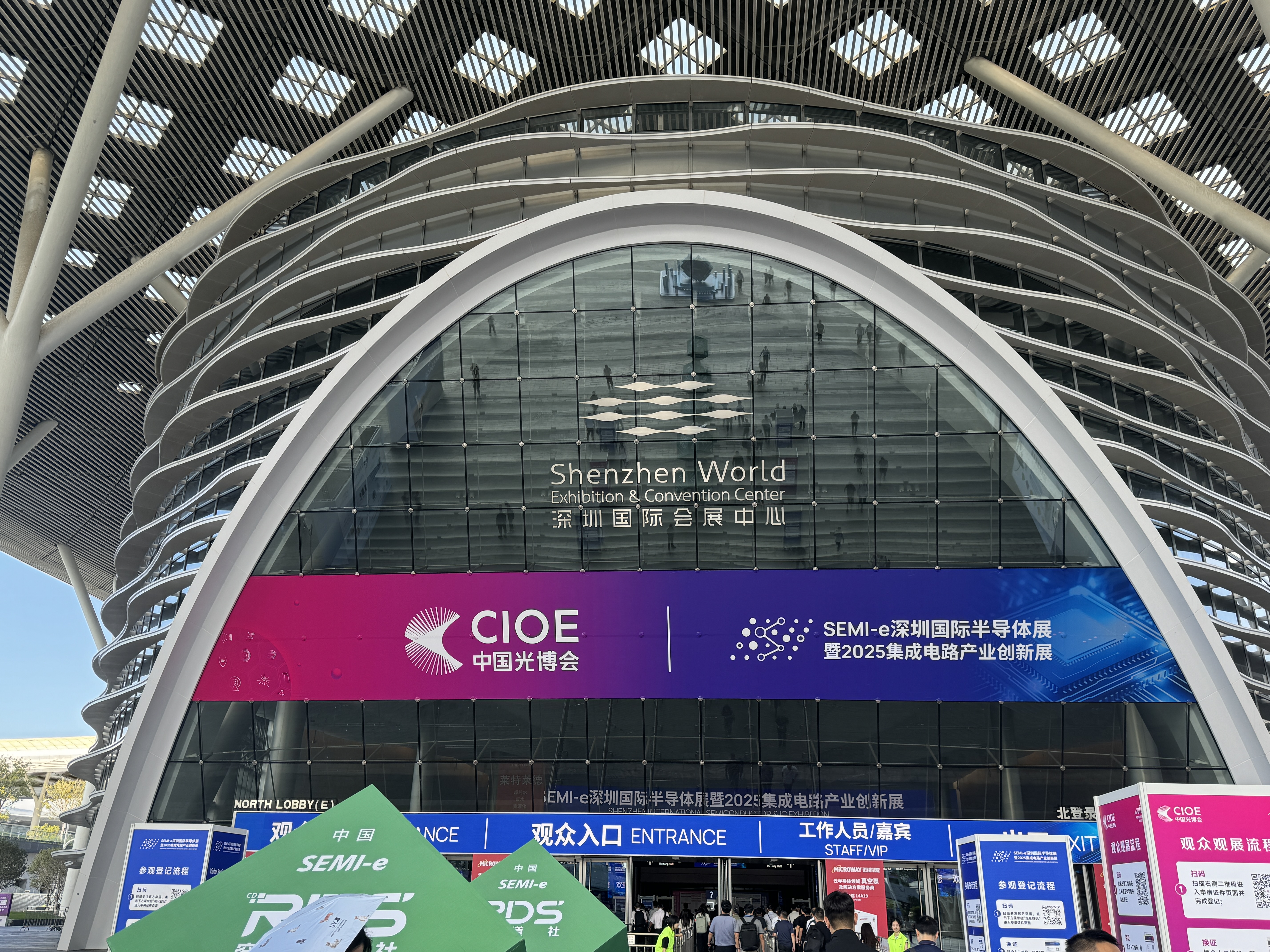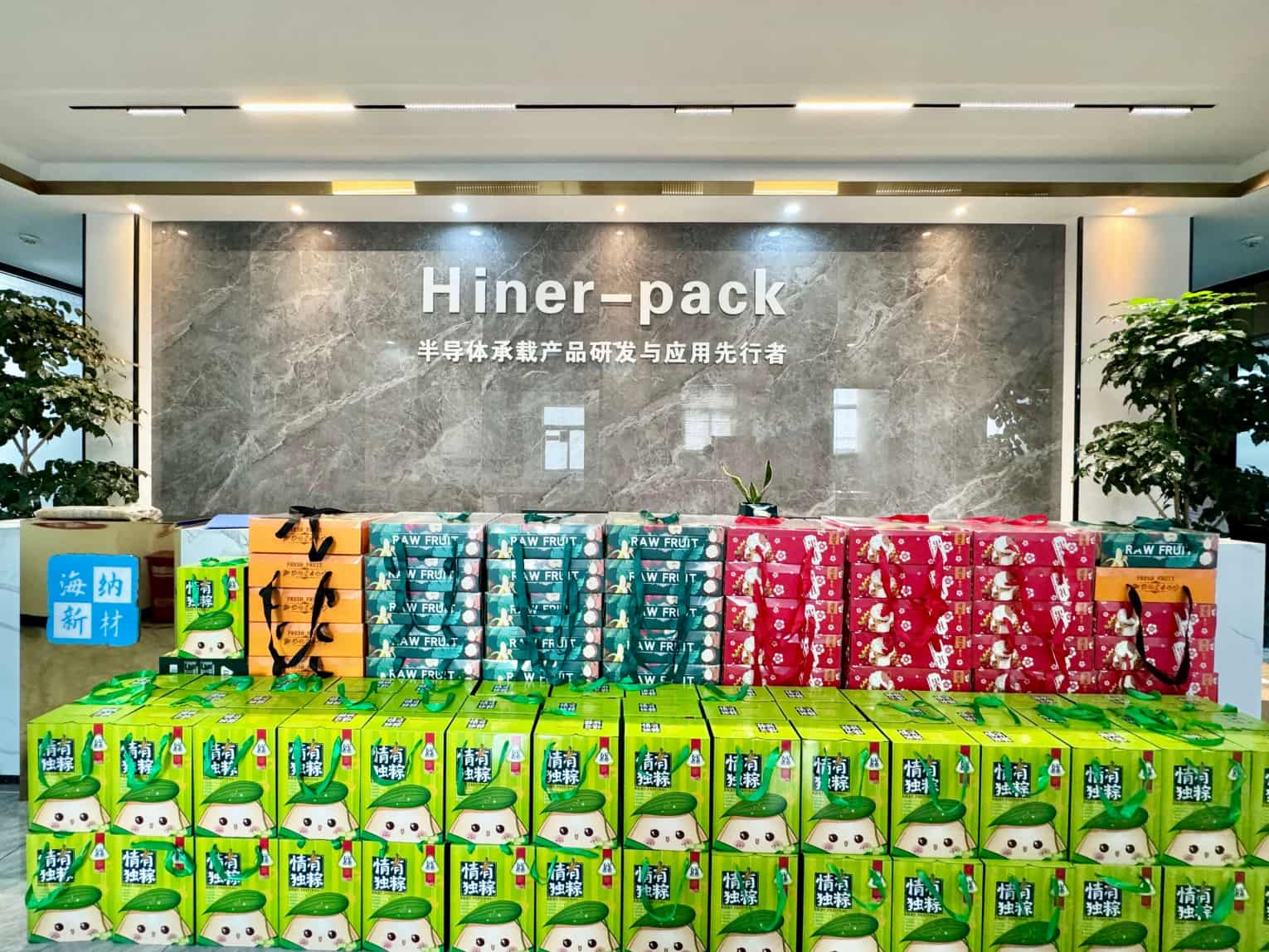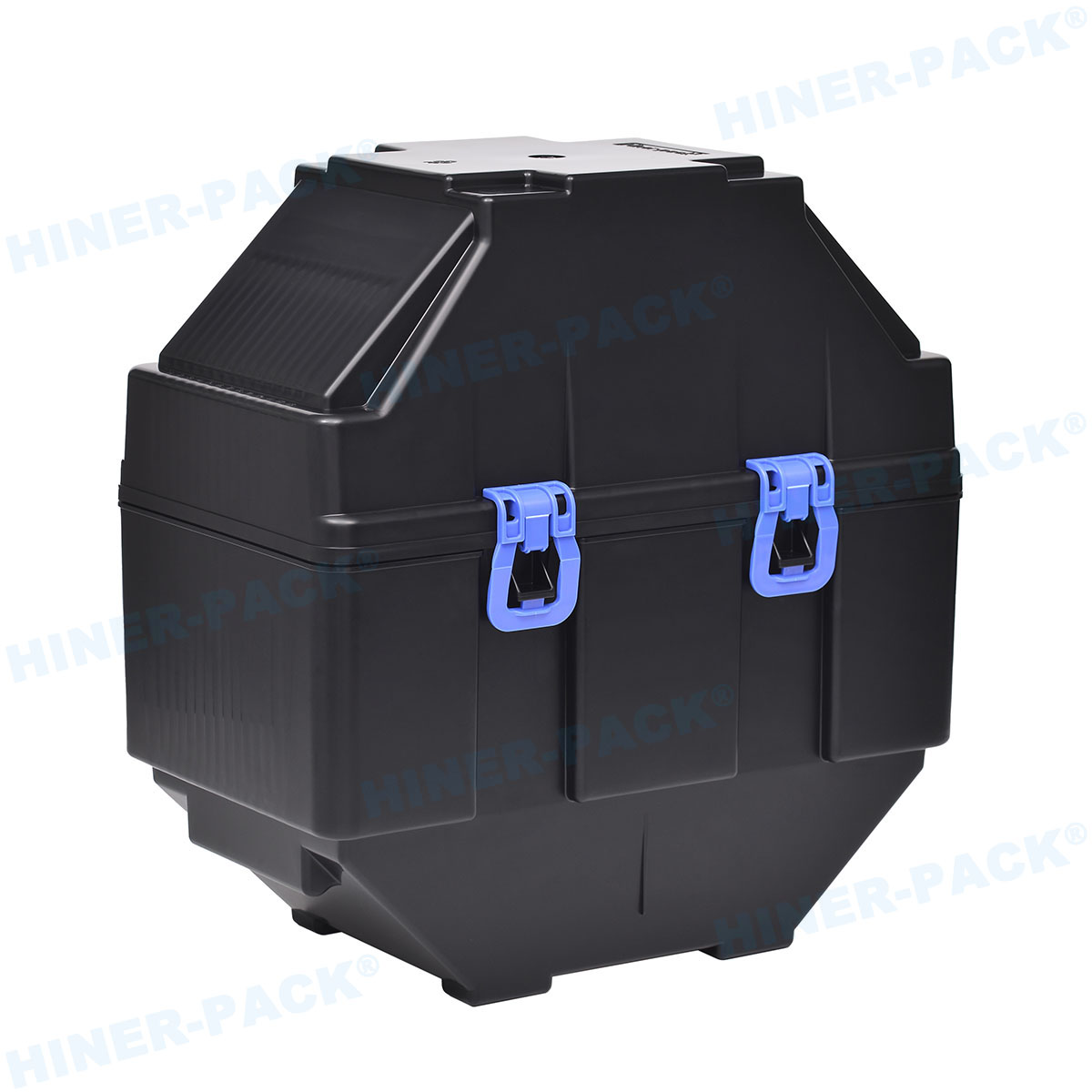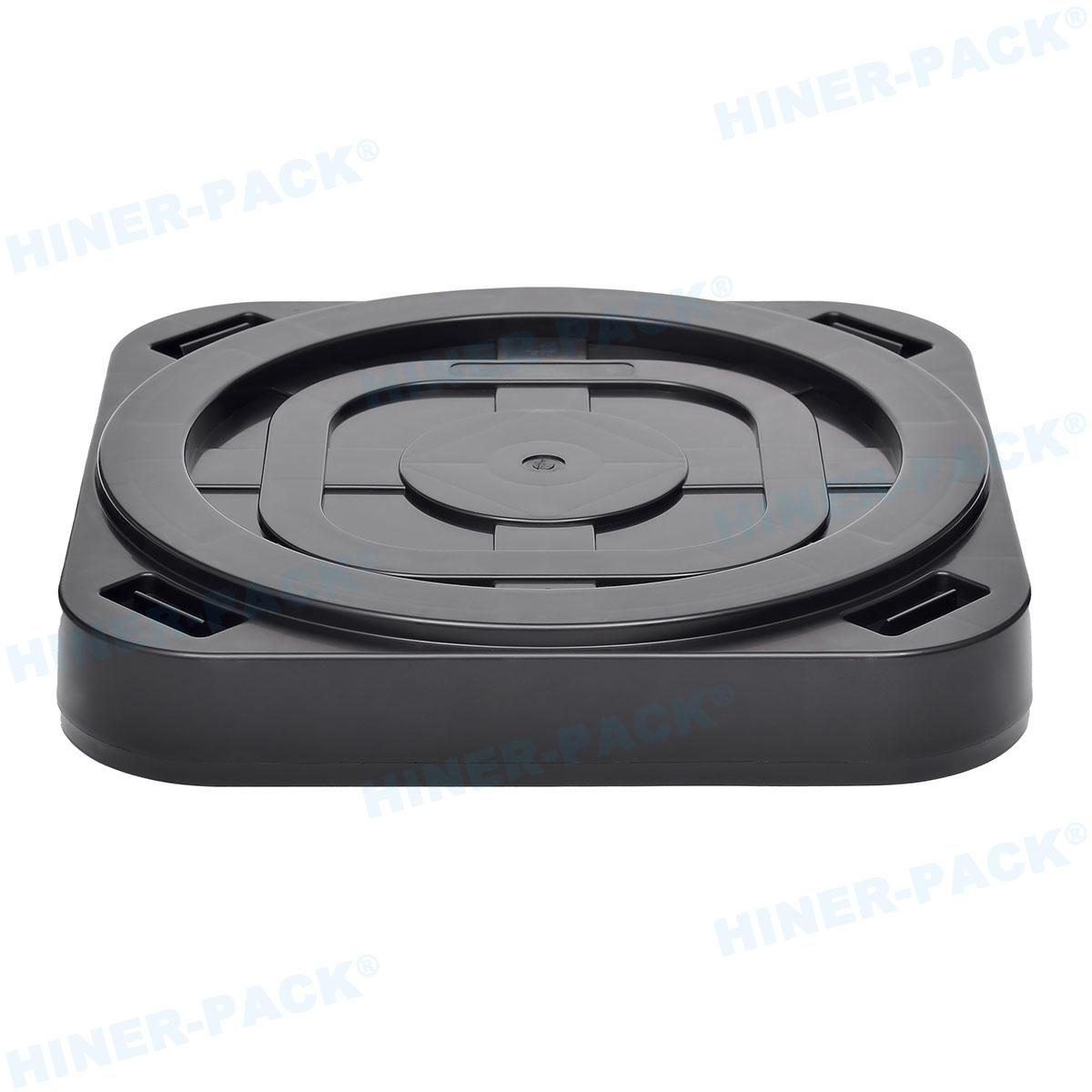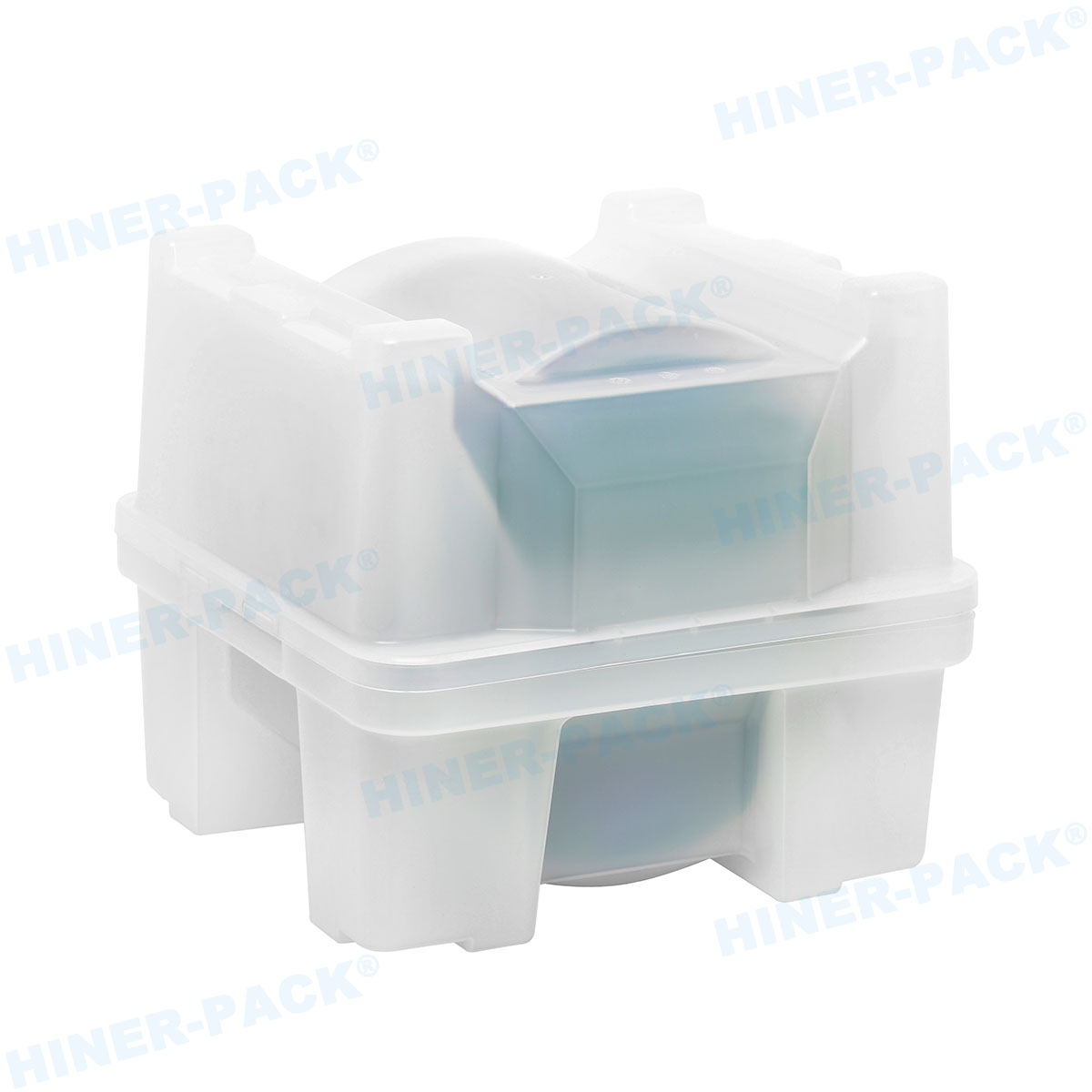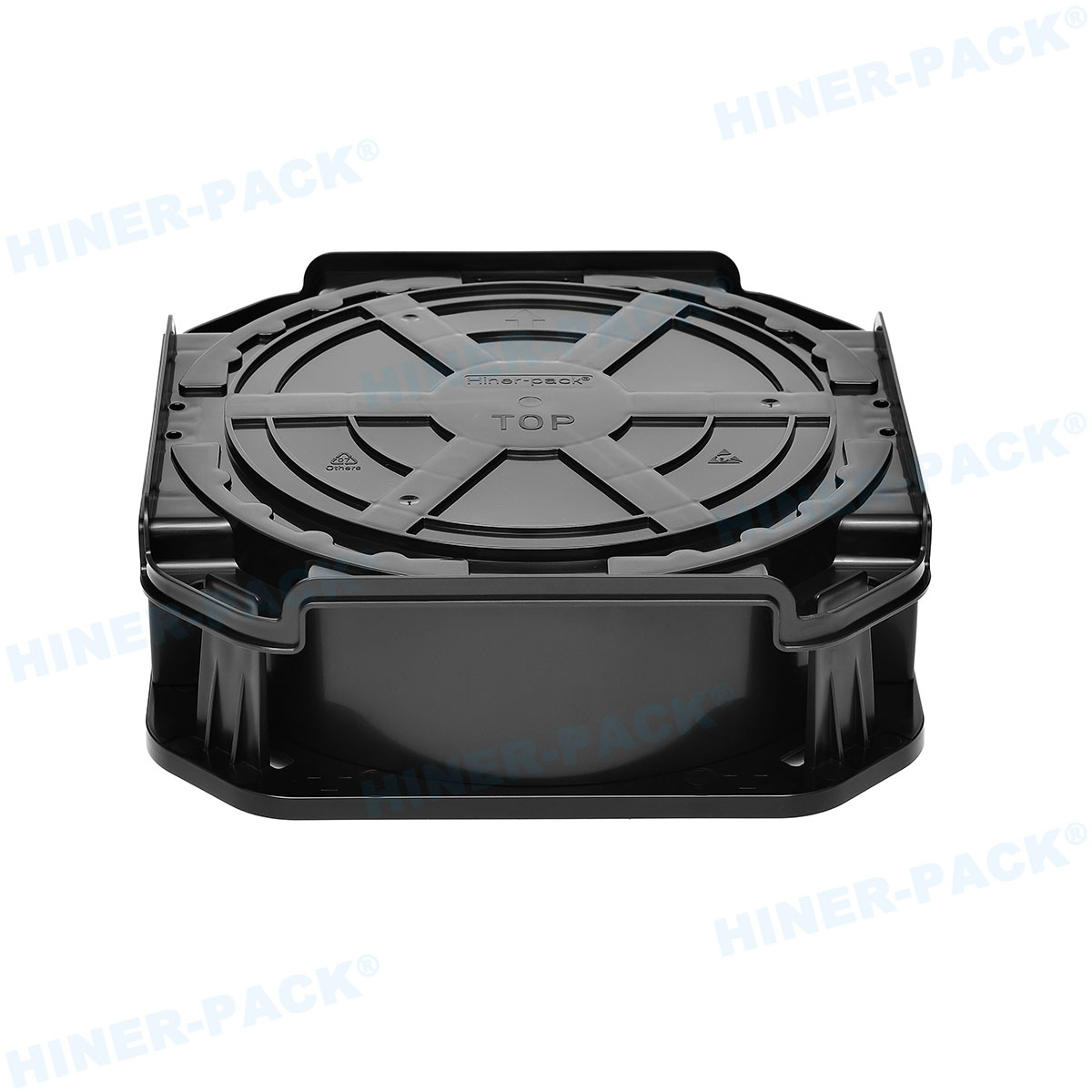In the fast-paced world of semiconductor manufacturing, every component plays a critical role in ensuring efficiency, yield, and product quality. Among these, the wafer container stands out as a fundamental element in safeguarding delicate silicon wafers during storage, transport, and processing. As the semiconductor industry continues to evolve with advancements in technology, the demand for reliable wafer handling solutions has never been higher. This article delves into the various aspects of wafer containers, covering key topics such as semiconductor wafer container types, the role of a wafer container manufacturer, benefits of custom wafer carrier solutions, the necessity of wafer container cleaning service, and where to find a quality wafer container for sale. Additionally, we will explore common problems associated with these containers and provide practical solutions. By the end, you will have a comprehensive understanding of how to optimize your wafer handling processes, ensuring minimal contamination and maximum productivity.
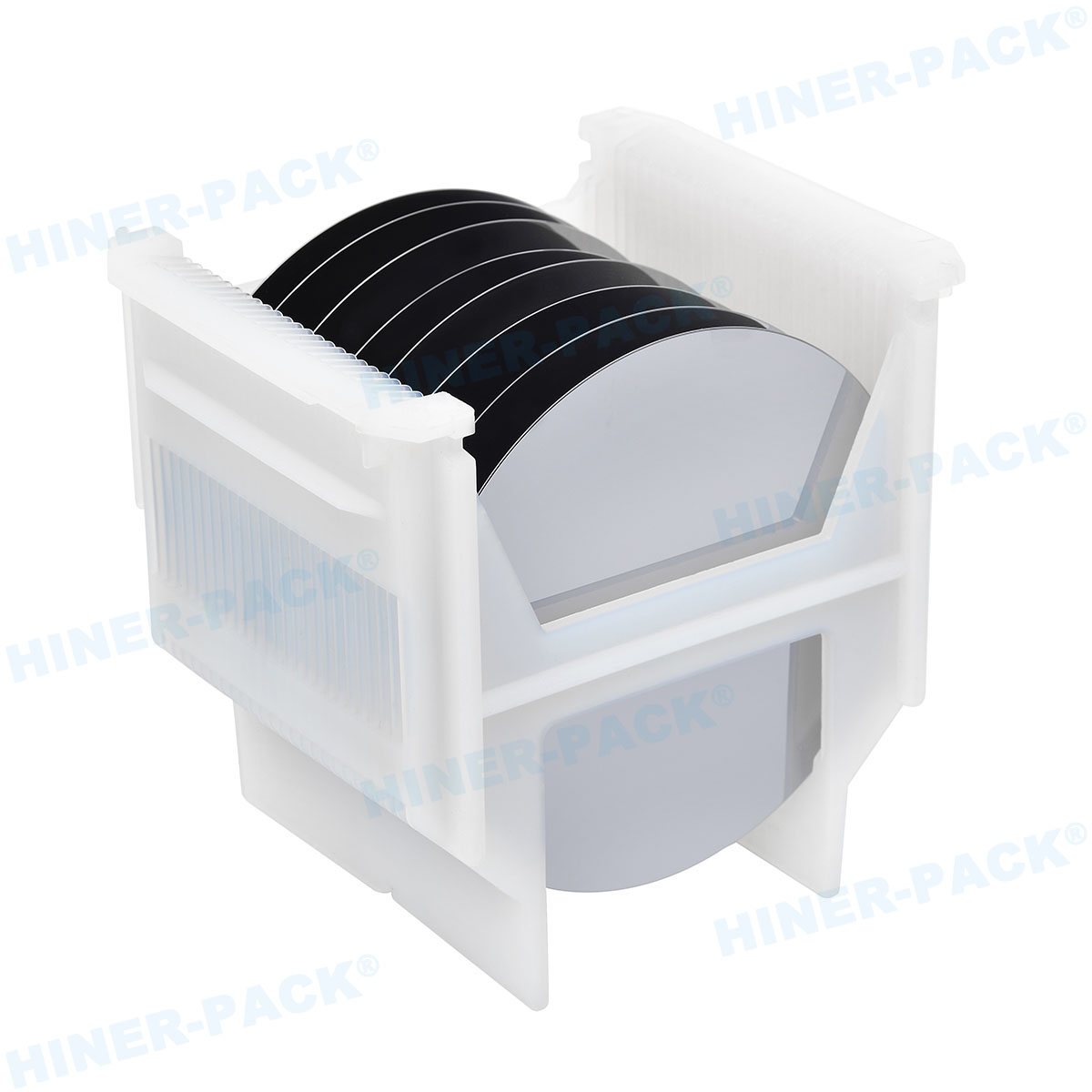
Understanding the Semiconductor Wafer Container
A semiconductor wafer container, often referred to as a wafer carrier or FOUP (Front Opening Unified Pod), is a specialized enclosure designed to protect silicon wafers from environmental contaminants, physical damage, and electrostatic discharge during various stages of semiconductor fabrication. These containers are typically made from high-purity materials like polycarbonate or PEEK (polyether ether ketone) to minimize particle generation and ensure compatibility with cleanroom environments. The design of a semiconductor wafer container includes features such as precision-molded slots to hold wafers securely, RFID tags for tracking, and ergonomic handles for easy manipulation by automated equipment.
The importance of a well-designed wafer container cannot be overstated. In modern fabs, wafers undergo numerous processes, including lithography, etching, and deposition, where even microscopic contaminants can lead to defects, reducing yield and increasing costs. A reliable semiconductor wafer container helps maintain the integrity of wafers by providing a controlled atmosphere, often with nitrogen purging capabilities to prevent oxidation. Moreover, as wafer sizes have increased from 200mm to 300mm and beyond, the containers have evolved to handle larger diameters without compromising safety. When selecting a wafer container, factors such as material purity, static control, and compliance with industry standards like SEMI must be considered to ensure optimal performance.
In practice, the choice of a semiconductor wafer container impacts overall operational efficiency. For instance, containers with advanced sealing mechanisms reduce the risk of airborne particles entering the pod, which is crucial for high-volume manufacturing. Additionally, the integration of smart features, such as sensors for temperature and humidity monitoring, is becoming more common, enabling real-time data collection and predictive maintenance. As the industry moves toward smaller nodes and more complex geometries, the semiconductor wafer container will continue to play a pivotal role in enabling cutting-edge technologies like 5G, IoT, and artificial intelligence.
The Role of a Wafer Container Manufacturer
A reputable wafer container manufacturer is essential for producing high-quality containers that meet the stringent requirements of the semiconductor industry. These manufacturers employ advanced engineering and manufacturing processes to create products that ensure wafer safety, durability, and compliance with international standards. Typically, a wafer container manufacturer invests in research and development to innovate new materials and designs, such as anti-static coatings or lightweight composites, that enhance performance while reducing costs. They also work closely with semiconductor companies to understand specific needs, from high-temperature resistance to customized dimensions for unique fabrication lines.
When evaluating a wafer container manufacturer, it is important to consider their certifications, such as ISO 9001 for quality management and SEMI standards for compatibility with automated systems. A reliable manufacturer will offer comprehensive testing services, including particle fallout analysis, mechanical stress tests, and cleanroom validation, to guarantee that each container performs reliably in real-world conditions. Furthermore, many manufacturers provide logistical support, including global distribution and just-in-time delivery, to minimize downtime in production facilities. For businesses seeking a wafer container for sale, partnering with an established wafer container manufacturer ensures access to proven products and technical support.
In recent years, the competitive landscape has driven manufacturers to adopt sustainable practices, such as using recyclable materials and reducing energy consumption during production. This not only aligns with environmental regulations but also appeals to eco-conscious clients. Additionally, a forward-thinking wafer container manufacturer may offer value-added services like training for proper handling and maintenance, which can extend the lifespan of the containers. By choosing a trusted manufacturer, semiconductor companies can mitigate risks associated with wafer damage and contamination, ultimately safeguarding their investments and improving yield rates.
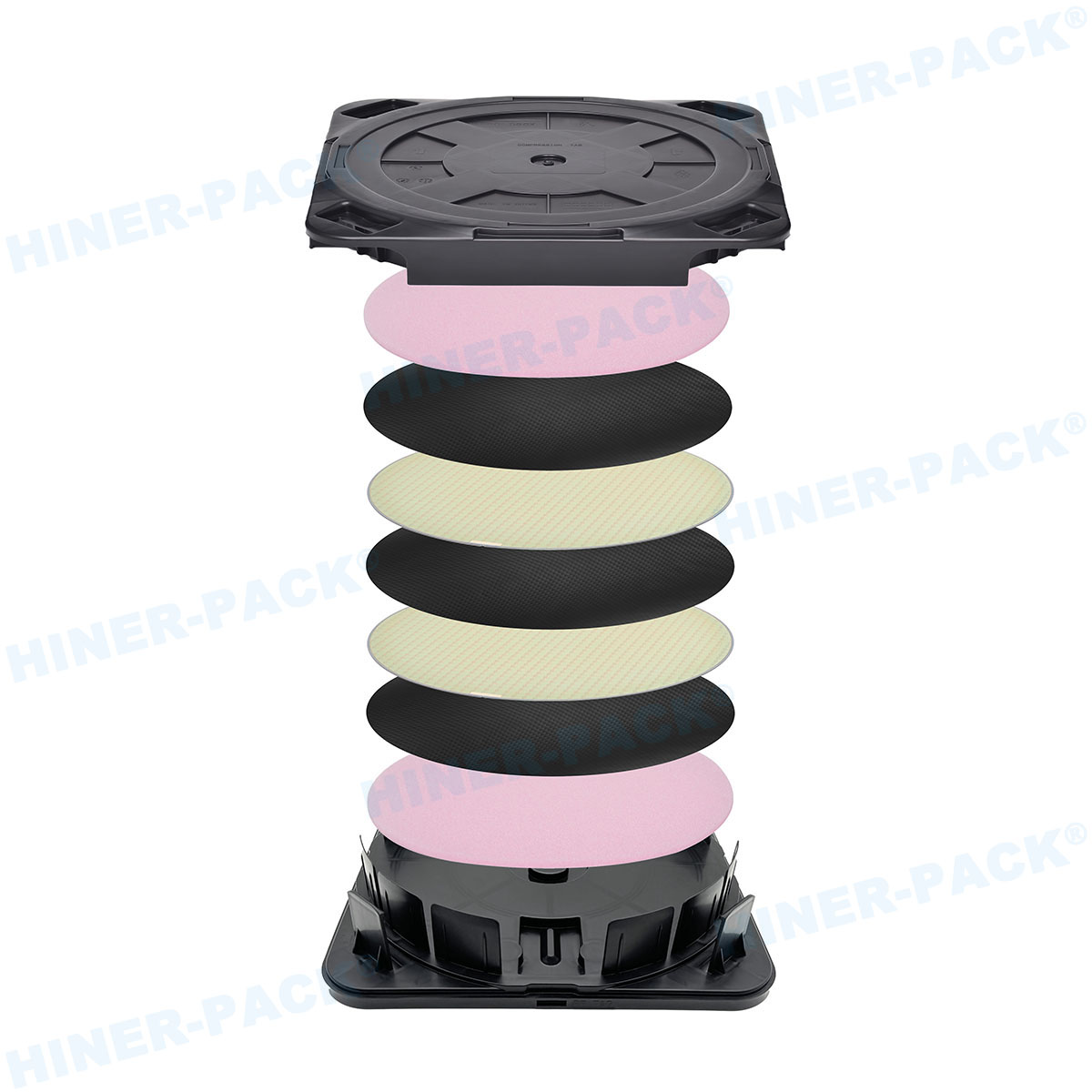
Custom Wafer Carrier Solutions for Specific Needs
In many semiconductor operations, off-the-shelf wafer containers may not suffice due to unique process requirements or specialized equipment. This is where a custom wafer carrier solution comes into play, offering tailored designs to address specific challenges. A custom wafer carrier solution involves collaborating with manufacturers to develop containers with modified features, such as altered slot pitches, integrated RFID systems, or enhanced thermal stability for extreme processing conditions. These solutions are particularly valuable for R&D facilities, pilot lines, or applications involving non-standard wafer sizes, such as those used in MEMS (Micro-Electro-Mechanical Systems) or photonics.
The process of developing a custom wafer carrier solution typically begins with a detailed assessment of the client's needs, including factors like throughput, cleanroom class, and compatibility with existing automation. Engineers then use CAD software and prototyping to create a design that optimizes space, reduces particle generation, and ensures easy integration. For example, a company might require a container with additional padding for fragile wafers or a specific color coding system for quick identification. By investing in a custom wafer carrier solution, businesses can achieve higher efficiency, reduce handling errors, and adapt to evolving technological demands.
One of the key benefits of a custom wafer carrier solution is its ability to enhance overall supply chain resilience. For instance, during the global chip shortage, companies that had customized containers were better equipped to handle surges in production without compromising quality. Moreover, these solutions often include ongoing support, such as periodic inspections and upgrades, to ensure long-term reliability. When searching for a wafer container for sale, it is worth considering custom options from a reputable wafer container manufacturer, as they can provide a competitive edge by addressing niche requirements that standard products cannot.
Importance of Wafer Container Cleaning Services
Regular maintenance is crucial for preserving the performance and longevity of wafer containers, and this is where a professional wafer container cleaning service becomes indispensable. Over time, containers accumulate contaminants like particles, residues from processing chemicals, and biological matter, which can lead to wafer defects if not addressed. A dedicated wafer container cleaning service uses specialized equipment and protocols, such as ultrasonic cleaning, deionized water rinsing, and particle counting, to restore containers to their original cleanroom-ready state. This process not only extends the container's lifespan but also ensures compliance with industry cleanliness standards, such as SEMI M62 for particle levels.
Engaging a wafer container cleaning service offers several advantages, including reduced downtime and cost savings compared to replacing containers frequently. Many service providers offer on-site or off-site options, with turnaround times tailored to production schedules. For example, a high-volume fab might partner with a cleaning service that provides scheduled pickups and deliveries, integrating seamlessly into the manufacturing workflow. Additionally, these services often include detailed reports on contamination levels before and after cleaning, giving clients transparency and data for continuous improvement. When evaluating a wafer container for sale, it is wise to inquire about available cleaning services to maintain optimal performance.
Common issues that necessitate a wafer container cleaning service include visible residue buildup, increased particle counts in monitoring systems, and failures during quality audits. By proactively scheduling cleanings, companies can prevent catastrophic failures, such as wafer scrapping due to contamination. Furthermore, some wafer container manufacturers offer cleaning as part of a comprehensive maintenance package, highlighting the synergy between production and upkeep. In summary, a reliable wafer container cleaning service is a smart investment for any semiconductor operation aiming to maximize yield and minimize risks.
Where to Find a Quality Wafer Container for Sale
Finding a reliable source for a wafer container for sale requires careful consideration of factors like quality, pricing, and supplier reputation. Whether you are a startup fab or an established manufacturer, purchasing from a trusted wafer container manufacturer or authorized distributor ensures that you receive products that meet industry standards. Online marketplaces, industry trade shows, and direct manufacturer websites are common channels for finding a wafer container for sale. It is essential to verify certifications, read customer reviews, and request samples to assess compatibility with your processes before making a bulk purchase.
When browsing options for a wafer container for sale, pay attention to specifications such as material grade, load capacity, and compliance with SEMI standards. For instance, containers designed for 300mm wafers should have precise dimensions to avoid misalignment in automated systems. Many suppliers also offer volume discounts or leasing options, which can be cost-effective for growing businesses. Additionally, some providers bundle services like initial cleaning or customization, making it easier to integrate the containers into existing workflows. If you require a custom wafer carrier solution, discuss this with the seller early in the process to ensure they can accommodate your needs.
Another aspect to consider is the after-sales support, including warranty terms and access to a wafer container cleaning service. A reputable supplier will offer technical assistance and maintenance programs to help you get the most out of your investment. In today's global market, it is also important to evaluate lead times and shipping options, especially if you operate multiple facilities. By thoroughly researching available options for a wafer container for sale, you can make an informed decision that balances cost, quality, and reliability, ultimately supporting your semiconductor production goals.
Common Problems with Wafer Containers and How to Address Them
Despite their critical role, wafer containers can encounter various issues that impact performance and yield. Understanding these common problems and their solutions is key to maintaining efficient operations. One frequent issue is contamination, which can arise from improper handling, worn-out seals, or inadequate cleaning. To mitigate this, implement strict protocols for using a wafer container cleaning service regularly and train personnel on proper handling techniques. Additionally, inspect containers for signs of damage, such as cracks or warping, which can compromise integrity and lead to particle generation. If contamination persists, consider upgrading to a higher-grade semiconductor wafer container with better sealing features.
Another common problem is mechanical failure, including broken latches or misaligned slots, often caused by repetitive use or accidental impacts. This can result in wafer breakage or jamming in automated systems. To address this, work with a reliable wafer container manufacturer to source durable containers and establish a preventive maintenance schedule. For unique challenges, a custom wafer carrier solution might be necessary to reinforce weak points or adapt to specific equipment. Electrostatic discharge (ESD) is also a concern, as it can damage sensitive wafers; using containers with built-in ESD protection and monitoring environmental conditions can help prevent this.
Other issues include compatibility problems with new machinery or software, which may require firmware updates or retrofitting. In such cases, consulting with the manufacturer for technical support is advisable. Furthermore, supply chain disruptions can affect the availability of a wafer container for sale, leading to production delays. To avoid this, maintain a buffer stock and diversify suppliers. By proactively identifying and addressing these common problems, semiconductor companies can minimize downtime, reduce costs, and ensure consistent quality in their manufacturing processes.
In conclusion, the wafer container is a vital component in the semiconductor industry, serving as the first line of defense for delicate wafers throughout the manufacturing journey. From understanding the intricacies of a semiconductor wafer container to selecting a reputable wafer container manufacturer, exploring custom wafer carrier solutions, utilizing professional wafer container cleaning services, and finding a reliable wafer container for sale, each aspect contributes to overall operational excellence. By addressing common problems through proactive measures and leveraging specialized services, businesses can enhance yield, reduce contamination risks, and stay competitive in a rapidly advancing field. As technology continues to push boundaries, investing in high-quality wafer containers and related solutions will remain essential for driving innovation and success in semiconductor manufacturing.



